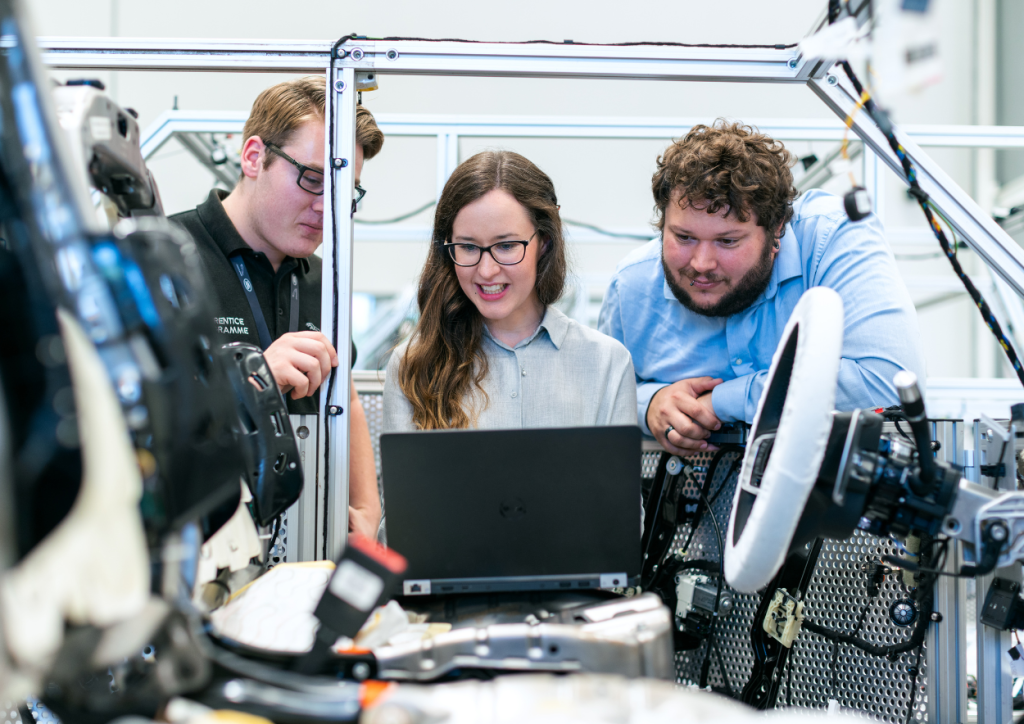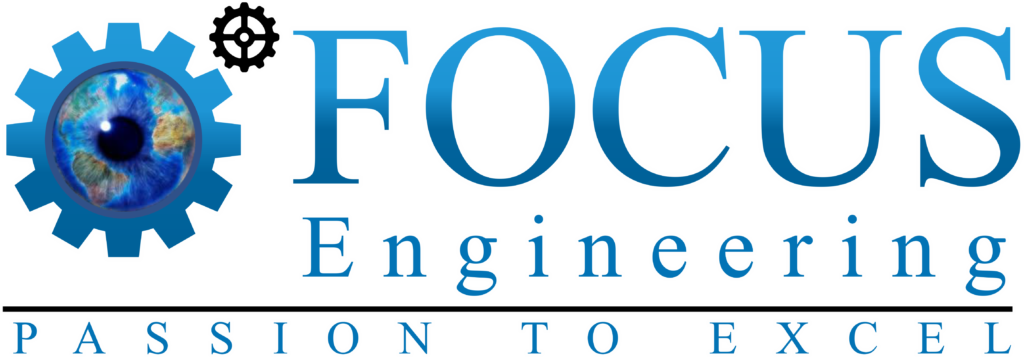SOP Development
SOP Development : Blueprint for Workshop Success
Streamlining Workshop Operations for Quality, Efficiency, and Customer Satisfaction”
In the competitive world of the automotive industry, workshop efficiency, customer satisfaction, and operational consistency are critical for success. While skilled technicians, advanced tools, and quality spare parts are important, there’s one element that often gets overlooked: Standard Operating Procedures (SOPs).
SOPs act as the blueprint of success for workshops. They transform day-to-day operations from ad-hoc practices into structured, repeatable processes that ensure quality, safety, and profitability. In fact, workshops that rely on SOP-driven systems are more likely to deliver consistent service experiences, retain customers, and scale effectively.
What Are SOPs and Why Do They Matter?

Standard Operating Procedure
A Standard Operating Procedure (SOP) is a documented set of step-by-step instructions designed to ensure that a specific task or process is carried out consistently and efficiently.
- Vehicle inspections and repairs
- Customer communication and service delivery
- Safety and compliance procedures
- Billing, warranty, and documentation processes
Why they matter
Effective technician training goes beyond classrooms. By fostering continuous learning, adopting digital tools, partnering with OEMs, and encouraging certifications, workshops can build a skilled, motivated, and future-ready workforce.
- They remove guesswork from daily operations.
- They ensure every customer receives the same high-quality experience
- They reduce errors, delays, and miscommunication.
Key Benefits of SOPs in Workshops
Driving Consistency, Efficiency, and Customer Trust
SOPs are not just paperwork — they are strategic tools for growth. Here’s how they transform workshop performance:
- Consistency in Service Quality
Without SOPs, technicians may follow their own methods, leading to inconsistent results. SOPs standardize every repair, inspection, and interaction, ensuring uniform quality across the board.
- Higher Customer Satisfaction and Retention
Customers value transparency and reliability. With SOPs in place, they experience faster service, fewer errors, and clear communication — all of which build trust and long-term loyalty.
- Increased Efficiency and Productivity
Clear processes mean fewer delays, reduced rework, and optimized use of manpower and tools. This leads to faster turnaround times and the ability to handle more vehicles per day.
- Reduced Operational Costs
By minimizing errors and wastage, SOPs cut down on unnecessary expenses. They also help identify bottlenecks, making cost control easier.
- Improved Safety and Compliance
Workshops deal with heavy machinery, chemicals, and electrical systems. SOPs ensure staff follow proper safety guidelines and comply with industry and legal regulations.
- Streamlined Training for New Staff
New hires can integrate faster when clear SOPs guide them. Instead of shadowing experienced staff for months, they can quickly understand workshop processes through documented procedures.
- Better Monitoring and Accountability
With SOPs in place, performance can be measured against set standards. This encourages accountability and helps management track KPIs like turnaround time, error rates, and customer satisfaction.
Areas to Implement SOPs
- Vehicle reception & customer handling
- Inspections & diagnostics
- Repair & maintenance procedures
- Quality control & testing
- Customer communication
- Safety & compliance
- Billing & documentation
Step-by-Step Guide to Developing SOPs for Workshops
Creating SOPs doesn’t have to be complicated. Here’s a step-by-step roadmap:

Common Mistakes to Avoid in SOP Development
- Overcomplicating SOPs – If they are too lengthy or technical, staff won’t use them.
- Ignoring Staff Input – SOPs must reflect real-life scenarios, not just management’s perspective.
- Failing to Train Employees – Simply creating SOPs isn’t enough; workshops must ensure staff are trained to follow them.
- Not Updating Regularly – Outdated SOPs cause more harm than good, especially with rapid tech changes.
- Lack of Monitoring – Without regular audits, SOPs lose their value over time.
The Future of SOPs in Automotive Workshops
As workshops embrace digital transformation, SOPs will also evolve:
- Digital SOP Platforms – Replacing paper manuals with mobile-friendly apps and cloud-based SOPs.
- AI-Driven Process Optimization – Using data analytics to refine SOPs for efficiency.
- Integration with Workshop Management Systems (WMS) – SOPs built directly into job card systems, ensuring every process step is followed.
- EV-Specific SOPs – New guidelines for handling high-voltage systems, battery diagnostics, and charging stations.
- Sustainability SOPs – Eco-friendly waste disposal, recycling, and green workshop practices.
In the coming years, smart SOPs will become an integral part of automotive excellence.


Conclusion
In the automotive business, workshops succeed not by chance but by design. That design is built on well-developed Standard Operating Procedures (SOPs).
By standardizing operations, SOPs ensure:
- Consistent service quality
- Faster turnaround times
- Safer work environments
- Happier, loyal customers
- Sustainable business growth
Enquiry Now
About Focus Engineering
Focus Engineering is a consulting and engineering firm delivering business, digital, training, audit, and sustainability solutions to organizations seeking measurable growth and long-term value.
Contact Us
- 149, Thangam Nagar, Gudiyattam, Tamil Nadu, India
- Info@focusengineering.in.
- +91 9686679955
© Focus Engineering. All Rights Reserved. Privacy Policy | Terms & Conditions
